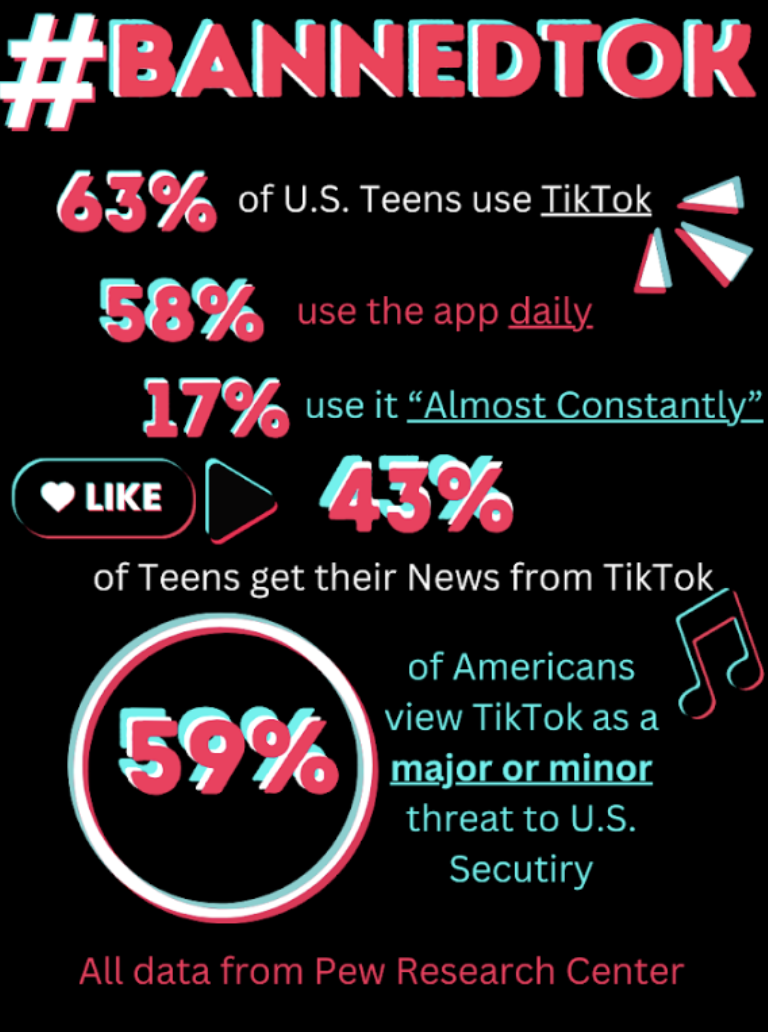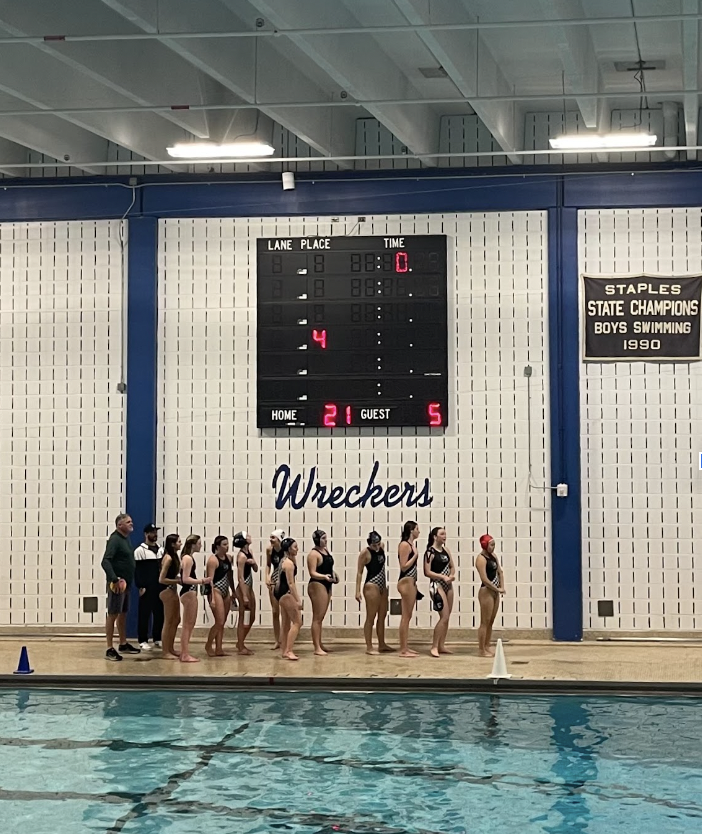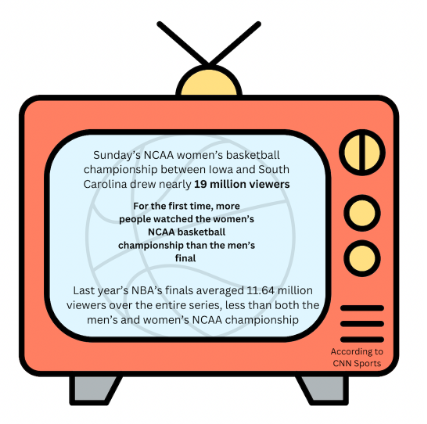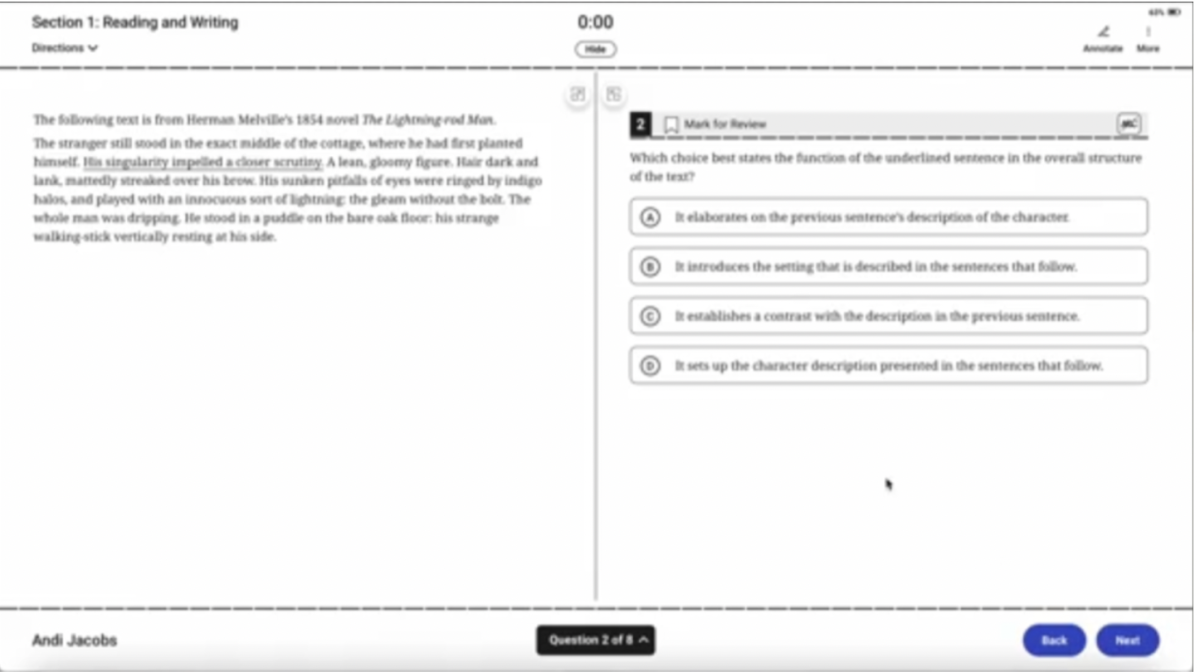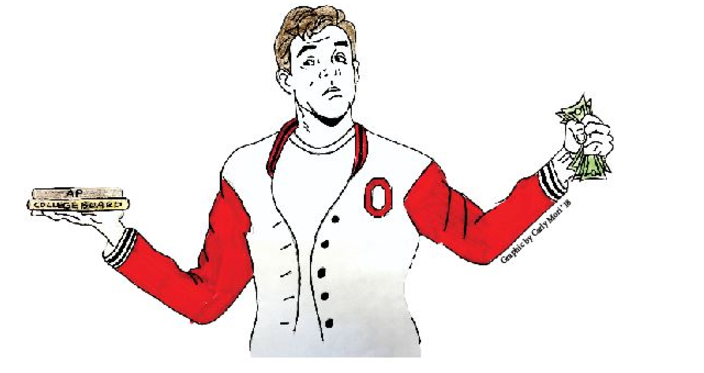By: Jackie Sussman ’17
Students are hammered since preschool with the mindset that they must go to a good college in order to accomplish their dreams — or even to be safely middle-class. How do students get into these increasingly competitive colleges? They take and strive to do well in A.P. classes.
Congrats, College Board. You’ve done what no other business could: become an indispensable part of the American dream. It’s too bad that your A.P. classes are a waste of money.
What the College Board offers is a deal that, bluntly, is too good to be true: give students the opportunity to complete college-level coursework, gain an edge over other applicants and earn college credit early for the comparatively small price of $93 per test. And, as the Atlantic reported, millions of students enroll in A.P. courses “at an annual growth rate almost 10 times the yearly percentage increase in the number of high school graduates.” But A.P. classes are not all they are cracked up to be.
The issue starts with the axiom of the A.P. curriculum: A.P. classes exist to level the playing field between struggling and wealthy schools. The level of the class, and even the grading of the exams, are at an intrinsically lower level than at top colleges; such is one of the reasons why many top 50 schools fail to accept a lot of A.P. credit (or, in Dartmouth’s case, no A.P. credit at all).
And yet the College Board boasts that A.P. courses make a college education more affordable, that they enable students to graduate early by using A.P. credits to place out of courses. According to the research paper “A.P.: A Critical Examination of the Advanced Placement Program” published by the Harvard Education Press, research concluded that “claims that the program helps students graduate on time or save money are found generally to have no validity.” As Denise Pope, a Stanford education expert, said, “Many students end up repeating the course in college anyway, and you can run the risk of memorizing material for a test versus delving into a subject.”
In relation to the above statistic that the growth rate of students enrolling in A.P. courses is 10 times the percentage increase of high school graduates, the research also found that this push in favor of the A.P. program may be pushing “poorly-prepared students to fail courses they shouldn’t be taking in the first place.” Which leads me to my final point: students often take these A.P. courses for the wrong reasons. Instead of taking these rigorous courses to pursue a field of interest, the New York Times reported a study which found that 90 percent of teachers attributed the “growing allure” of A.P. classes to “students who want their college applications to look better.” I would know: I’m a student who has taken A.P. classes partly because they look good. Most students do.
Students: beware. Understand that some things in life are too good to be true, and make decisions accordingly. Unfortunately, the A.P. program is one of them.


